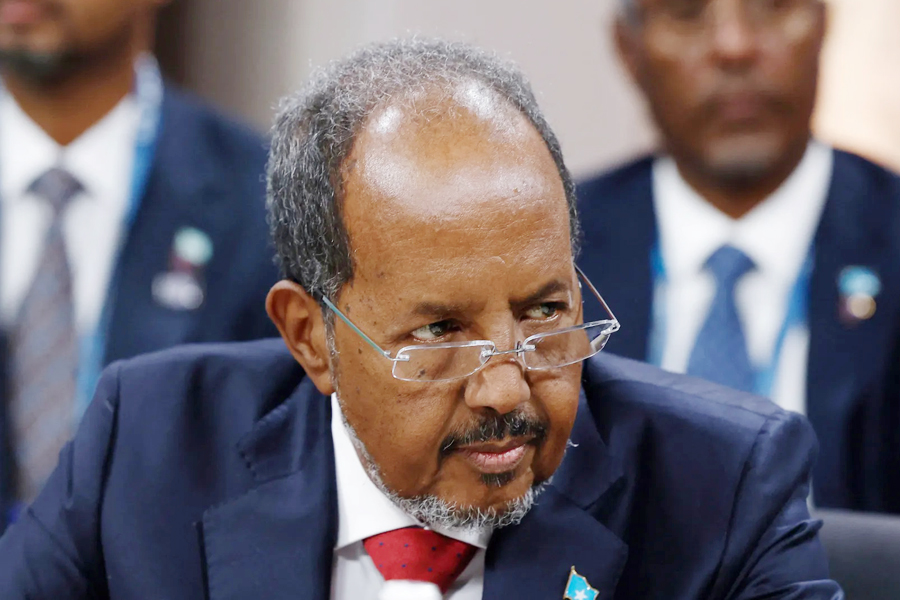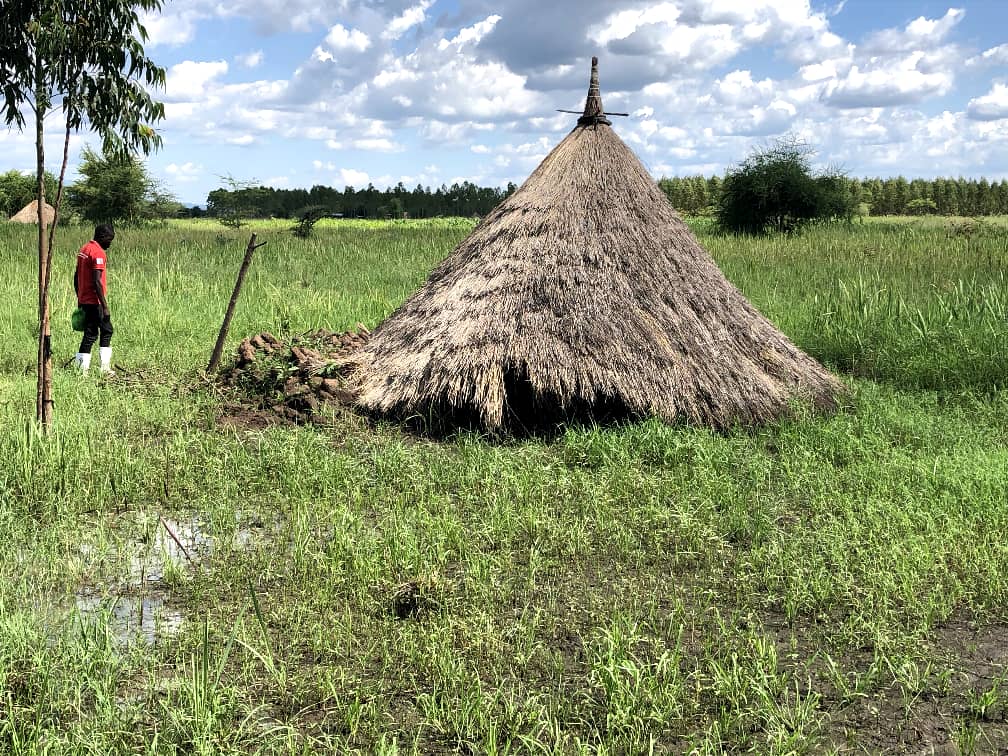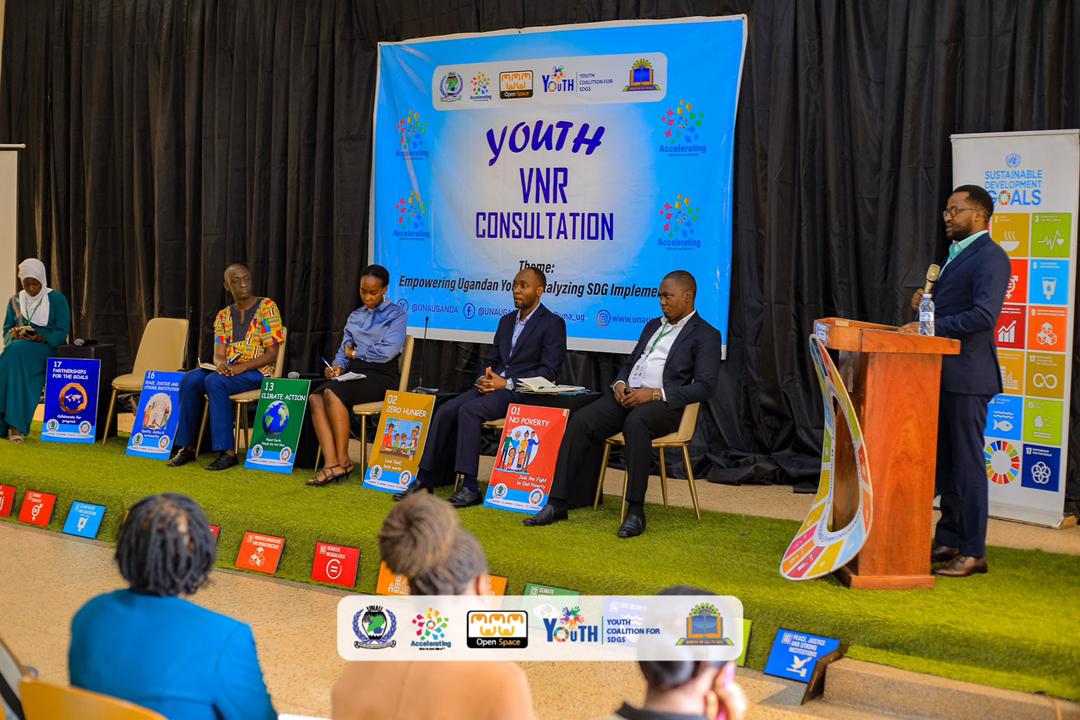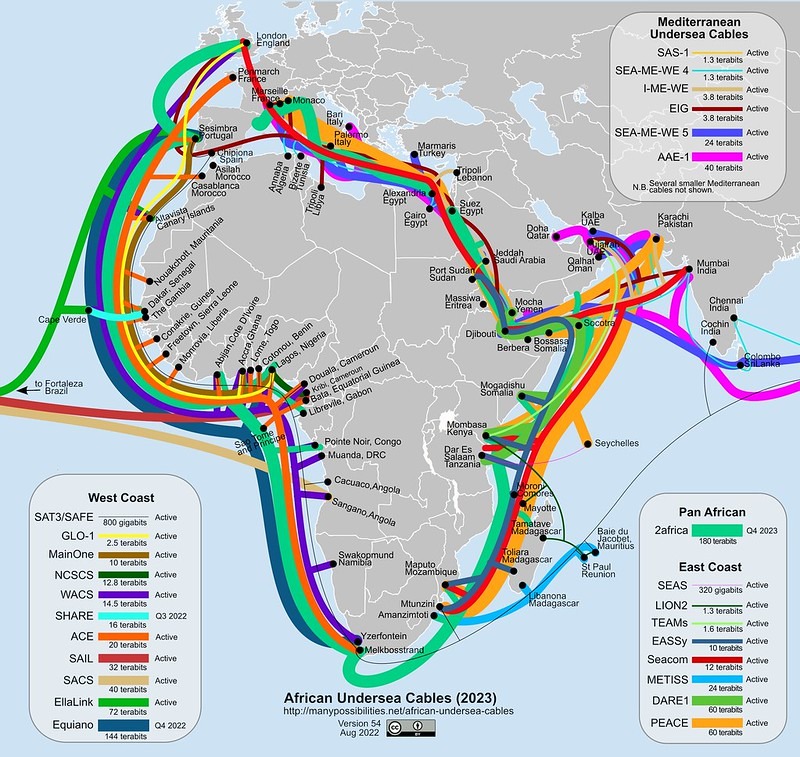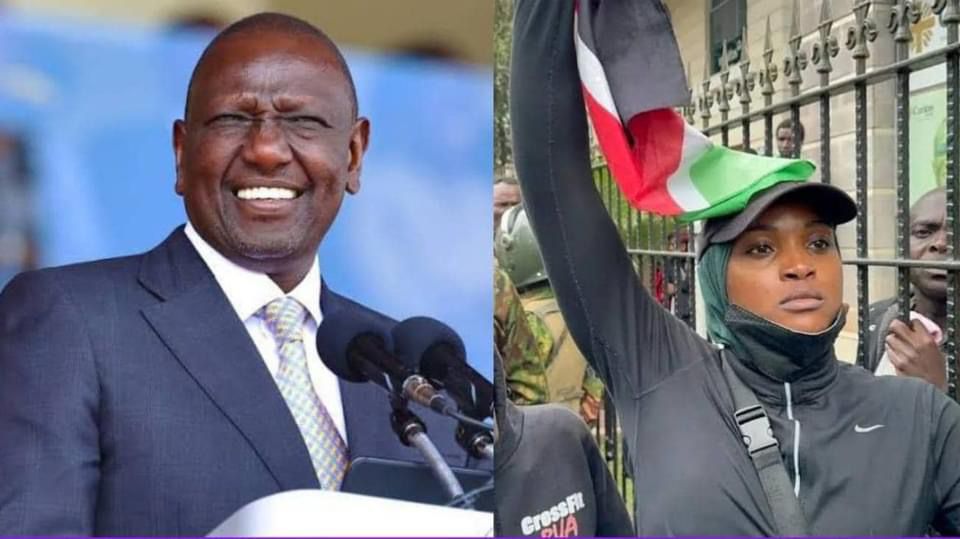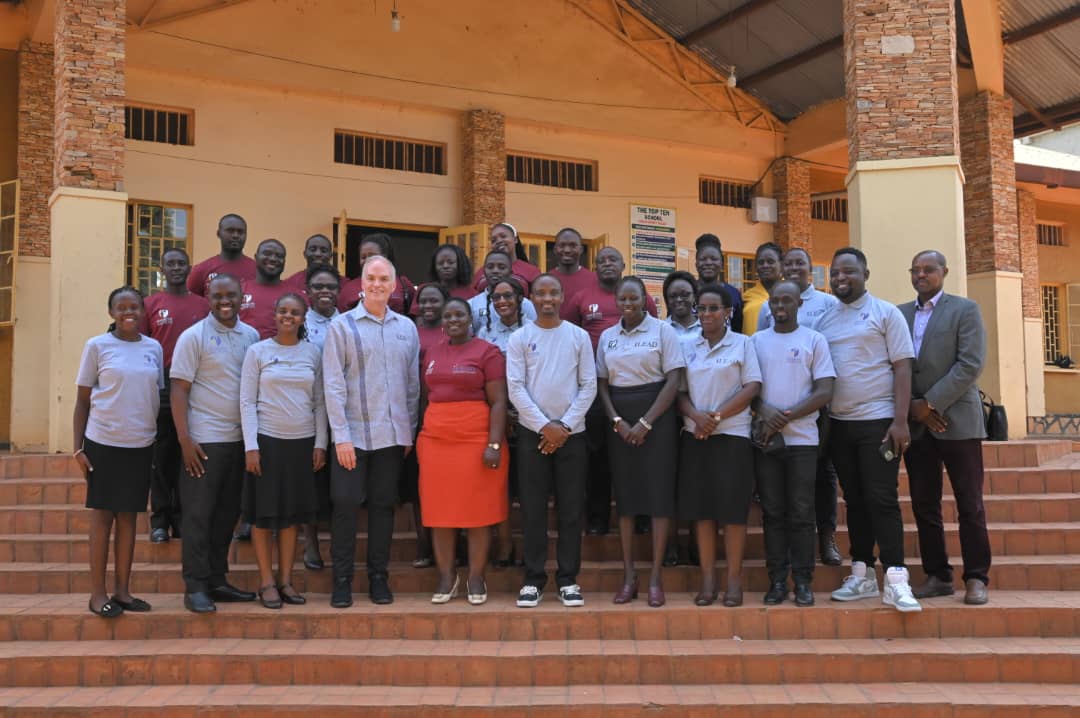UN Agencies: Catalyst for Change in 3rd world countries
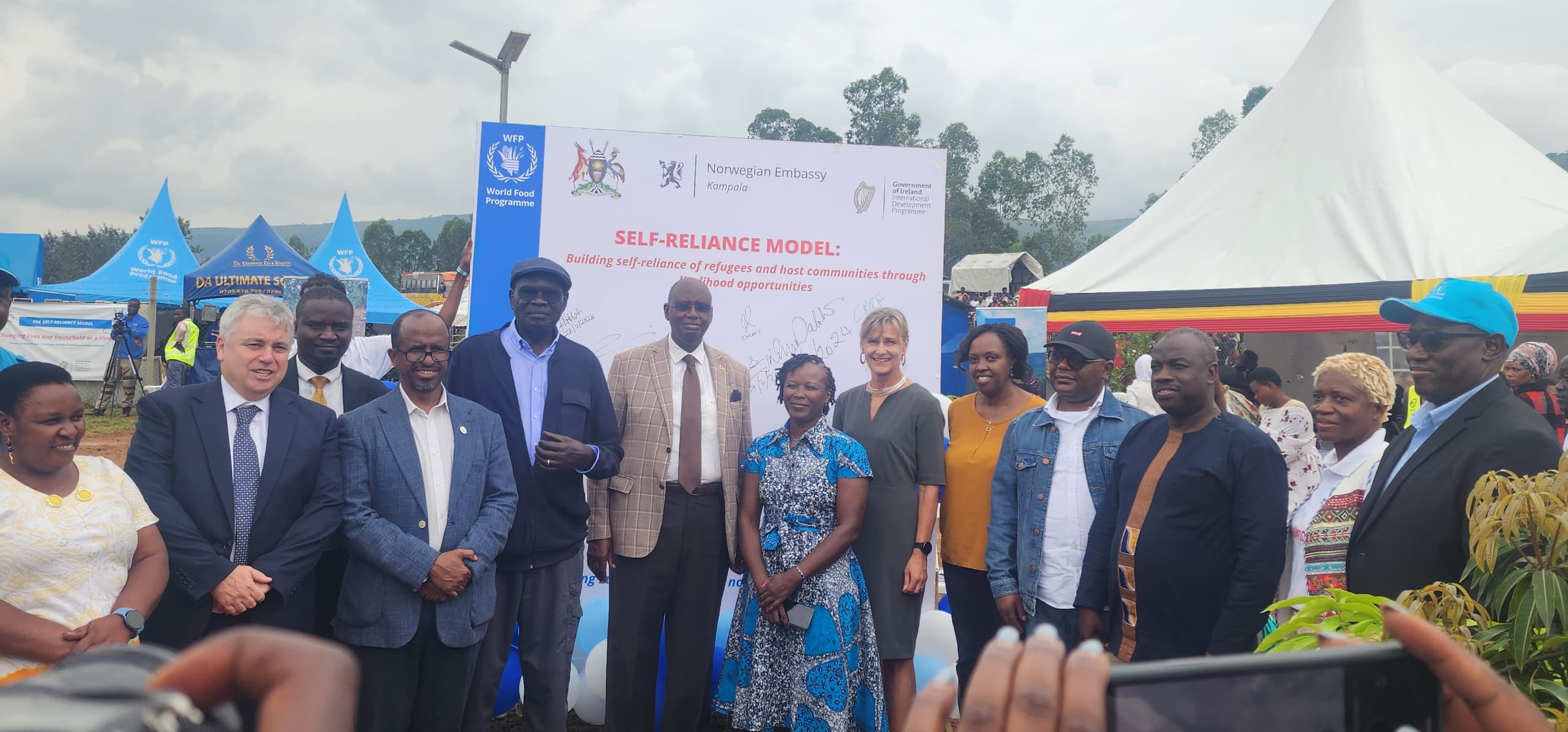
In the heart of the world's most impoverished regions, United Nations agencies are making a transformative impact. From providing essential humanitarian aid to fostering sustainable development, these organizations are the backbone of global efforts to uplift third world countries.
One of the most visible contributions of UN agencies is in the realm of humanitarian aid. The World Food Programme (WFP) has been instrumental in addressing hunger crises exacerbated by conflict, climate change, and economic instability. In 2023 alone, the WFP delivered food assistance to over 100 million people in 88 countries.
Keep Reading
- > UN Secretary-General calls for restraint in Kenya demonstrations
- > IGAD Executive Secretary Congratulates Somalia on Election to UN Security Council
- > Bukedea Battles Floods: Relief Efforts Underway, Long-Term Solutions Needed
- > Uganda readies to present report on SDGs implementation progress to UN
Similarly, the United Nations High Commissioner for Refugees (UNHCR) has provided critical support to refugees and displaced persons. From Syria to South Sudan, the UNHCR offers shelter, protection, and essential services to those forced to flee their homes.
The United Nations Children's Fund (UNICEF) has made significant strides in improving health and education outcomes for children in third-world countries.
Through vaccination programs, UNICEF has played a pivotal role in reducing child mortality rates. In countries like Nigeria and Pakistan, where polio remains a threat, UNICEF's vaccination campaigns have brought the world closer to eradicating this debilitating disease.
Education is another critical area where UN agencies have made substantial contributions. UNESCO's Global Education Monitoring Report highlights how the agency has supported educational access and quality in developing nations. By advocating for policy changes and providing direct support to schools, UNESCO helps ensure that children, especially girls, have the opportunity to receive a quality education.
Sustainable Development and Environmental Protection.
Beyond immediate relief, UN agencies are deeply involved in promoting sustainable development. The United Nations Development Programme (UNDP) works in over 170 countries, helping to implement the Sustainable Development Goals (SDGs). These goals encompass a broad range of objectives, from eradicating poverty to ensuring clean water and sanitation.
In Ethiopia, the UNDP has supported initiatives to improve agricultural productivity, which is vital for a country where agriculture employs 70% of the population. By introducing sustainable farming practices and improving access to markets, the UNDP is helping to lift farmers out of poverty.
Environmental protection is another key focus area. The United Nations Environment Programme (UNEP) has been at the forefront of efforts to combat climate change and preserve biodiversity. In Kenya, for instance, UNEP has supported reforestation projects that not only protect ecosystems but also provide livelihoods for local communities.
Despite these successes, significant challenges remain. Political instability, funding constraints, and the sheer scale of need can hamper the efforts of UN agencies. Nevertheless, the commitment to making a difference remains unwavering.
The contributions of UN agencies in third-world countries are a testament to the power of international cooperation and the enduring human spirit. Through their efforts, millions have been fed, educated, and empowered. While the road ahead is challenging, the impact of these agencies provides hope and a blueprint for a better, more equitable world.




